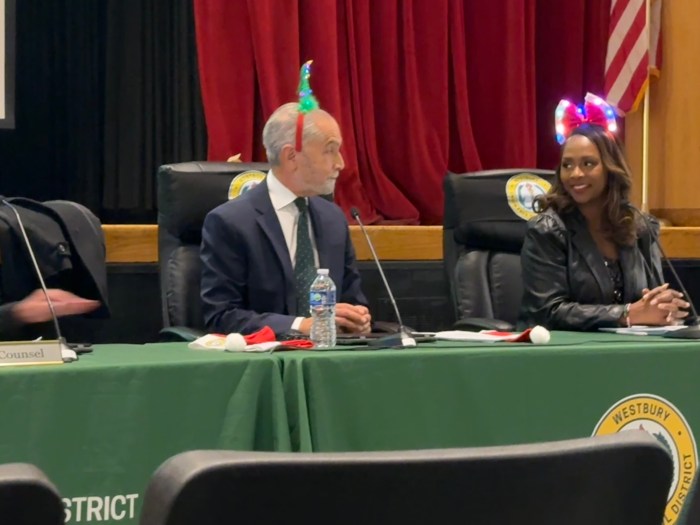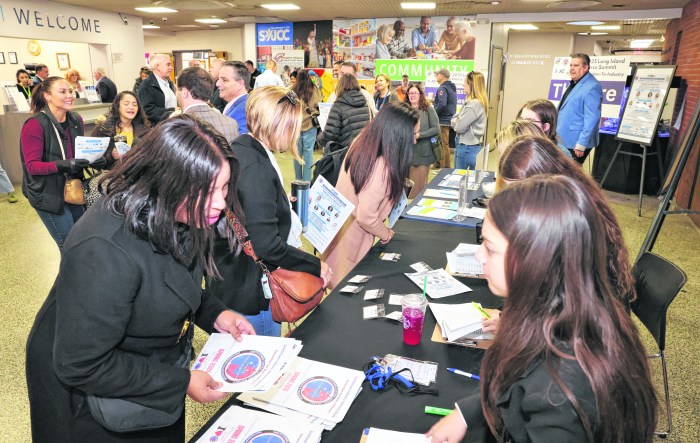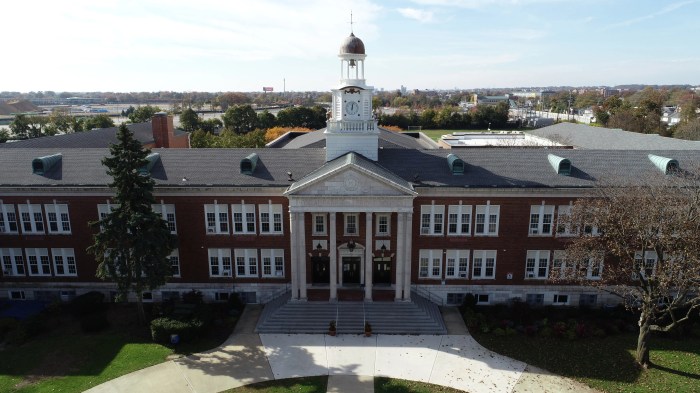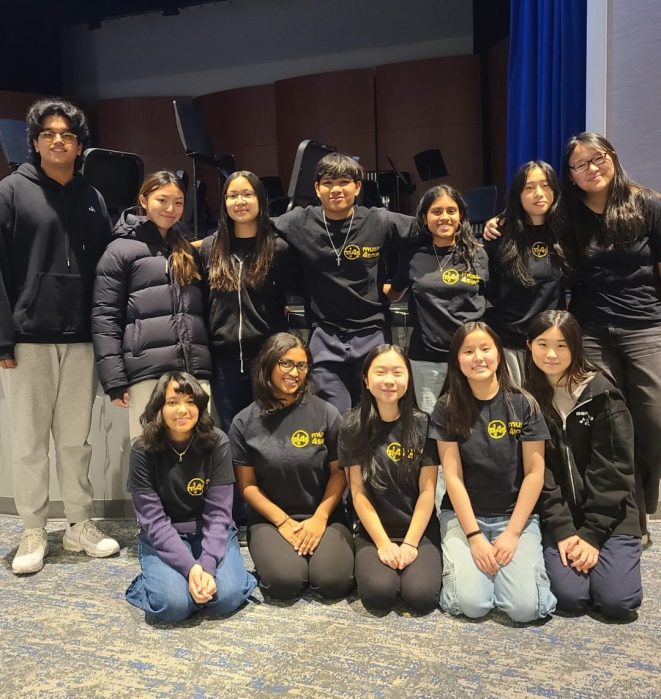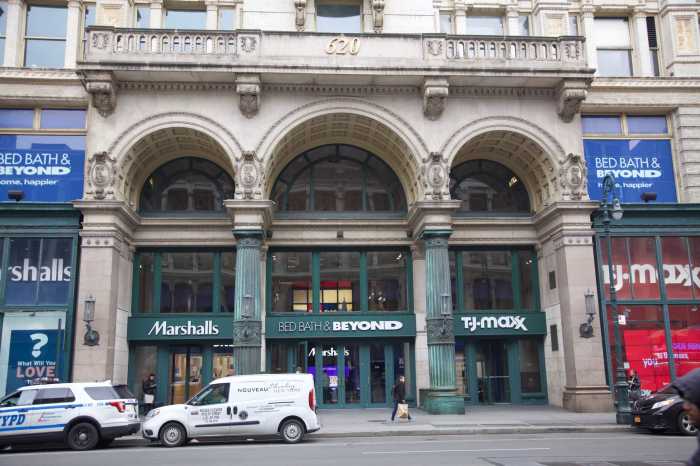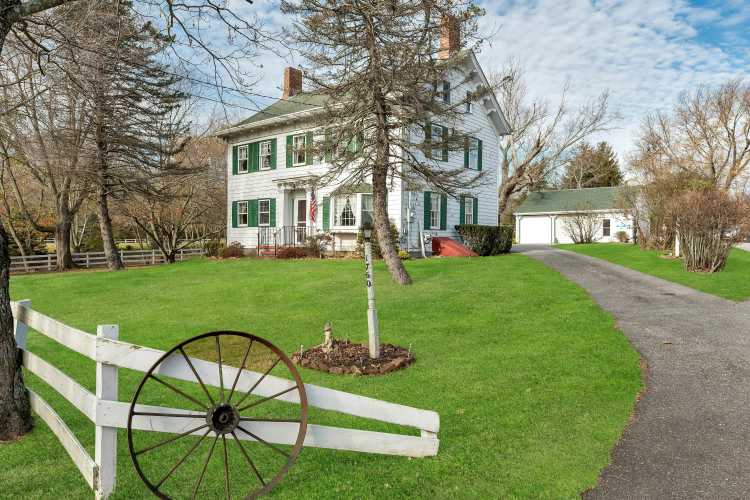
Hell hath no fury like a librarian scorned. That’s the truth Panos Mourdoukoutas, an LIU Post economics professor and department chair, found out last week as his Forbes article “Amazon Should Replace Local Libraries To Save Taxpayers Money,” drew ire, frustration and a few personal jabs from bibliophiles across the country.
The now-deleted article attempted to make the case that Amazon should open bookstores (of which the company has roughly 10) in local communities in order to save taxpayers money and that the services libraries provide today “don’t have the same value they used to.”
As an adult who still gets excited to go to the library, I cannot overemphasize how much I disagree with this thinking. I probably would not be the person I am today if it were not for the time I spent at public libraries growing up. There’s a reason I don’t own any children’s books: it’s because my adolescent years were spent amongst the shelves of my local library, spending hours carefully choosing which titles were worthy to come home with me.
Even into my middle and high school years, the library served as a sacred space, a place to not only find a book that would transport me to Sweet Valley High or a little house on a prairie, but one where I could meet with friends, work on homework or rent CDs.
The best part—it was all free. I could walk in, read an entire book and walk out, without once hearing my Velcro wallet opening. And that’s the beauty of libraries, it allows all people—regardless of age, demographic, socioeconomic status or any other strata—a place where they have complete access to all the same things: print and digital books, computers, entertainment, education and most importantly, each other.
Library staffs and boards have made concerted efforts to keep up with the digital age and make sure that libraries are community centers, offering family activities, exercise programs, cooking classes, job help and more. Area nonprofits and school groups use their meeting rooms, while local artists display their work on the walls. Librarians help patrons looking for historical research, help with faxing documents and walk them through how to use a computer. You can’t replace these things.
I understand that unless you’re a tax evader, libraries are not completely free. But they’re worth every penny (and probably more) for their role in keeping communities vibrant, distinct and out of Jeff Bezos’ wallet.
—Betsy Abraham
Agree? Disagree? We’d love to hear from you! Send a letter to the editor to smosco@antonmediagroup.com.




